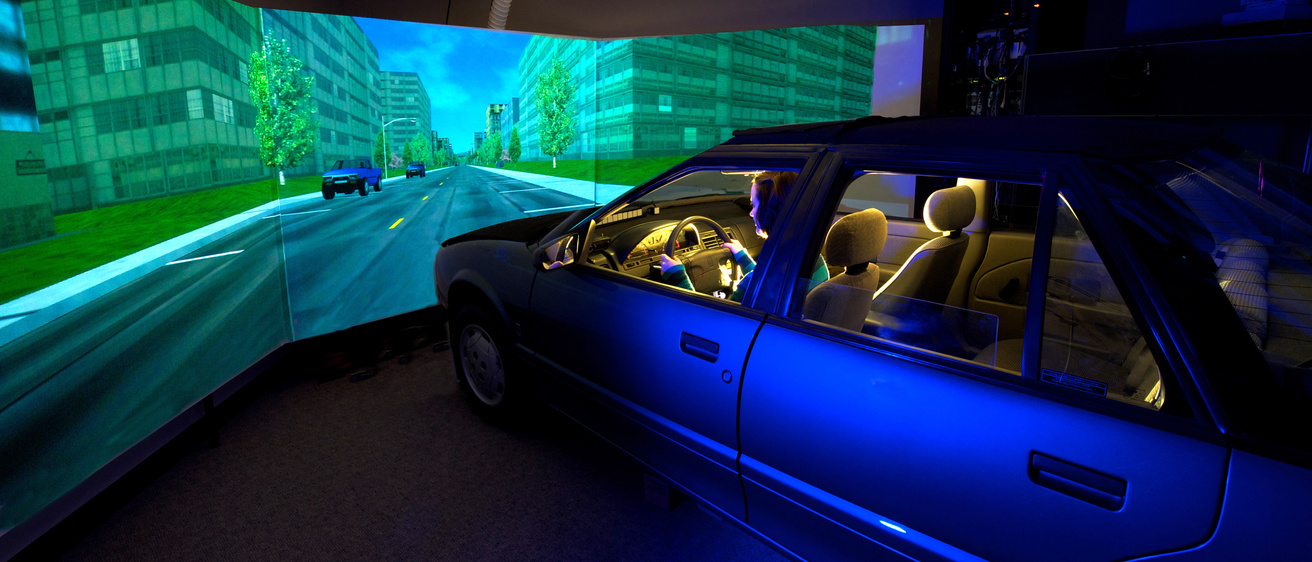The University of Iowa Aging Mind and Brain Initiative (AMBI) will partner with Toyota Collaborative Safety Research Center (CSRC) to study how older drivers interact with in-vehicle technology that’s designed to help improve driver safety.
These technologies, including advanced driving assistance systems (ADAS), aim to help improve car safety by assisting drivers with various aspects of driving, including navigation and wayfinding, handling the car, and negotiating traffic situations.
The UI team will explore whether these systems help older drivers who may be at risk of impaired driving because of declines in attention, cognitive skills, and reaction time that can occur as we age.

”The issue is these systems, which are intended to help drivers, do so by providing the driver with additional information. This extra information input has the potential to distract or confuse a driver, or to be misunderstood by the driver,” says Matthew Rizzo, M.D., AMBI director and UI professor of neurology in the Carver College of Medicine. “We want to know how people with different cognitive capabilities interact with these systems so that we can help improve their design.”
The three-year project will use a high-fidelity driving simulator called SIREN (simulator for interdisciplinary research in ergonomics and neuroscience), which is housed at UI Hospitals and Clinics, to evaluate how older drivers react to and interact with various types of ADAS. The study will also investigate the learning curve for older drivers as they acclimate to ADAS.
“We are interested in studying the human/machine interface for drivers of all ages, although this study will focus specifically on older drivers,” Rizzo says. “We want to know if these systems can be designed better so that drivers understand the system and are not overwhelmed by the information.”
In addition to guiding the development of new technologies, especially ADAS, to make them helpful to senior drivers, the study findings also will inform educational interventions aimed at improving driver safety.
The program is one of seven new partnerships between Toyota CSRC and research institutions across North America. The UI is one of 14 research institutions and agencies that currently partner with the CSRC to conduct auto-safety research. For more information about the new and existing projects, visit the redesigned Toyota.com/csrc.
In addition to Rizzo, the UI research team includes Steven Anderson, Ph.D., associate professor of neurology; Nazan Aksan, Ph.D., associate research scientist; Shaun Vecera, Ph.D., professor of psychology; and Jeff Dawson, Sc.D., professor of biostatistics.
The UI Aging Mind and Brain Initiative is a multidisciplinary collaboration of neuroscientists, biologists, behavioral scientists, engineers, computer scientists, social scientists, public health researchers, pubic policy experts, and others at the UI that aims to explore and improve mind and brain health across the lifespan.For more information about the AMBI, visit http://ambi.uiowa.edu/
